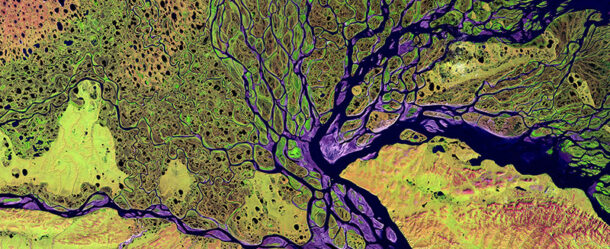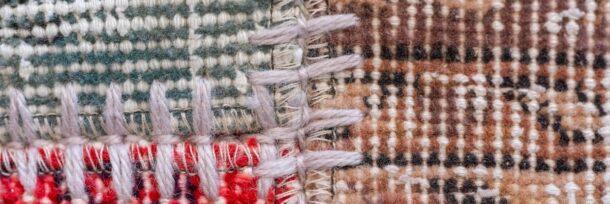
The climate crisis demands action from human rights advocates. As sea levels continue to rise and extreme weather patterns increase intensity and frequency, Pacific Island communities are on the frontlines of facing increasing violations of their human rights from climate inaction. There have already been several examples of displacement, both short and long term, that raise the question of how we are protecting the mobility of those displaced by the climate crisis, internally, bilaterally, and internationally.
In the 2020 Teitiota case, the UN Human Rights Committee recognized that environmental degradation could be so severe as to violate Art. 6 (ICCPR), right to life with dignity. Still, the majority did not find in favor of Teitiota highlighting the need for consistent and justiciable legal protections for climate-displaced persons. This case and the growing urgency around climate mobility were the impetus for the Right to Life with Dignity (RTLWD) project.
In 2020, we brought together a team including lawyers, social scientists, local and Indigenous climate advocates, a climate scientist, and an AI researcher. King, Wood, & Mallesons and Clifford Chance have partnered with us pro bono to assist with the legal research and strategy. Our aim is to identify a threshold for when the right to life with dignity is violated and to support a legal standard that should be applied in cases involving climate-displaced persons.
We have been using design justice principles to guide the project in centering the voices and concerns of those at the frontlines of the climate crisis. This has involved an ongoing series of virtual convenings with local and Indigenous climate advocates in Fiji, Kiribati, Marshall Islands, Guam, Tuvalu, Niue, and New Zealand.
To date, we have drafted a legal standard grounded in a definition of dignity derived from international law, foreign law, Indigenous Pacific perspectives, and diverse cultural traditions. This is being done through legal research and a relational research approach that resonates with Indigenous ways of knowing. The project has resulted in partnerships with frontline advocates who are providing case studies to bolster the need for a new legal standard as well as pathways for implementation in local, national, and regional policy.
What’s Next
This year, we will be publishing a Policy Paper which will illuminate the right to life with dignity framework. The paper will include a proposed legal standard and identify the steps necessary to model issues of environmental degradation that would provide sufficient evidence to claim that one’s dignity has been violated.
With this paper, we hope to continue expanding conversations around the project and build a pathway for strategic litigation that will open doors for climate-displaced persons around the world.
Interested in learning more about this project or collaborating with us?
Project Highlights:
- Since February 2021, we have hosted 18 virtual convenings with over 44 local and Indigenous climate advocates covering several Pacific Island countries.
- Emerging from our convenings has been a partnership with Rae Bainteiti, a social worker, and his team representing the Banaban community on Rabi Island in Fiji. The people of Banaba island in present-Kiribati were displaced to Rabi in 1945 by rampant phosphate mining. Rae, coordinating and interviewing local elders, is developing a case study that will be included within the RTLWD Policy Paper. The case study will provide insight into complex issues of internal and external relocation, right to return, identity, and citizenship. Read more here.
- In August 2021, ICAAD and the Makefu Village Women’s Council in Niue were awarded funding from UN Women Pacific to begin community consultations in Niue to lay the groundwork for the national internal relocation framework supported by the RTLWD framework. Learn more about internal relocation in Niue here.
- In March 2021, ICAAD hosted and chaired a panel discussion as part of the United Nations Commission on the Status of Women 65 Virtual Form with partners in Niue and the Cook Islands to discuss feminist approaches to climate change relocation. Watch the recording here.
- In October 2020, ICAAD’s Erin Thomas presented the RTLWD project at the New Zealand International Development Young Professionals event. Watch the recording here.


